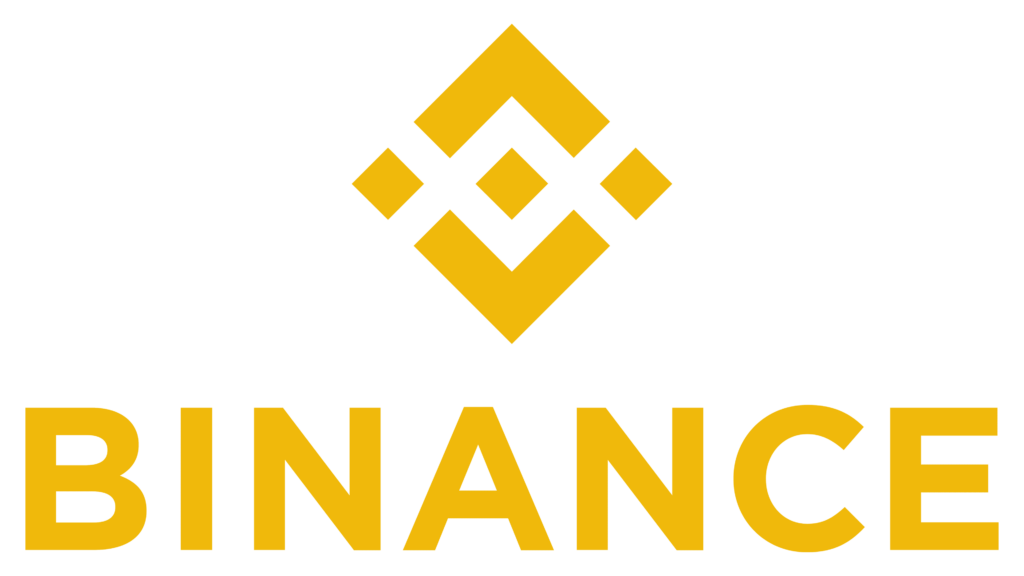Analyzing Intel’s Performance: A Comprehensive Review of the Stock
When it comes to technology giants, Intel Corporation is undeniably a top player. Founded in 1968, this American multinational corporation designs and manufactures semiconductors, computer processors, and related technologies. Listed on the NASDAQ stock exchange, Intel has a long-standing reputation in the tech industry.
Historic Performance
Over the years, Intel has witnessed remarkable growth and success as a company, which has reflected in its stock performance. Since its initial public offering (IPO) on December 13, 1971, Intel has become a highly sought-after investment option for both individual and institutional investors.
One of the key milestones in Intel’s history was the introduction of the first commercially available microprocessor in 1971. This breakthrough innovation paved the way for the company’s dominance in the semiconductor industry. As the demand for personal computers soared in the 1980s and 1990s, Intel’s stock witnessed impressive gains.
In recent years, Intel has faced increased competition, particularly from rivals like AMD and Qualcomm. This market competition, coupled with challenges in adapting to rapidly evolving technology trends, has impacted Intel’s stock performance. The company experienced setbacks due to delays in the release of new products, which led to a decline in market share and investor confidence.
However, it is important to note that despite these challenges, Intel has remained a significant player in the industry. The company’s robust financials, strong brand recognition, and continuous innovation have helped it weather storms and regain investor confidence.
Qualities Attracting Investors
Intel’s stock offers several attractive qualities that catch the attention of investors. Here are some key factors:
1. Dominance in the Semiconductor industry:
Intel’s vast market share and dominance in the semiconductor industry allow it to enjoy economies of scale and competitive advantages. Their chips power countless devices worldwide, making Intel a reliable player in an ever-growing and essential market.
2. Strong Research and Development:
Intel invests heavily in research and development (R&D) to stay at the forefront of technological advancements. The company actively focuses on emerging fields like artificial intelligence, autonomous vehicles, and 5G technology, ensuring they remain relevant and competitive in the evolving tech landscape.
3. Financial Stability:
Despite industry challenges, Intel has maintained strong financials. The company has consistently generated significant revenue and has a healthy balance sheet. This financial stability provides a sense of security for investors and adds confidence in the stock’s long-term potential.
4. Dividend Payments:
Intel is known for its commitment to returning value to shareholders. Through regular dividend payments, the company rewards investors with a predictable income stream in addition to potential capital appreciation.
FAQs
Q: When was Intel listed on the stock exchange?
A: Intel went public and got listed on the NASDAQ stock exchange on December 13, 1971.
Q: Does Intel pay dividends?
A: Yes, Intel pays regular dividends to its shareholders. However, the amount and frequency may vary.
Q: What are the current challenges for Intel?
A: Intel faces tough competition from rivals like AMD and Qualcomm. Additionally, the company has been grappling with product release delays and adapting to rapidly evolving technology trends.
Q: Is Intel a good long-term investment?
A: While individual investment decisions should consider personal financial goals and risk tolerance, Intel’s dominance in the semiconductor industry, strong financial performance, and commitment to research and development make it an appealing option for many long-term investors.
Conclusion
Intel’s performance as a company and as a stock is worth analyzing and considering for investors. Despite challenges, the company’s historic performance, dominant position in the semiconductor industry, strong financial stability, and commitment to research and development make Intel an intriguing choice for those seeking long-term investments. However, as with any investment, it is crucial to conduct thorough research, assess risk, and align investment decisions with personal financial goals.






